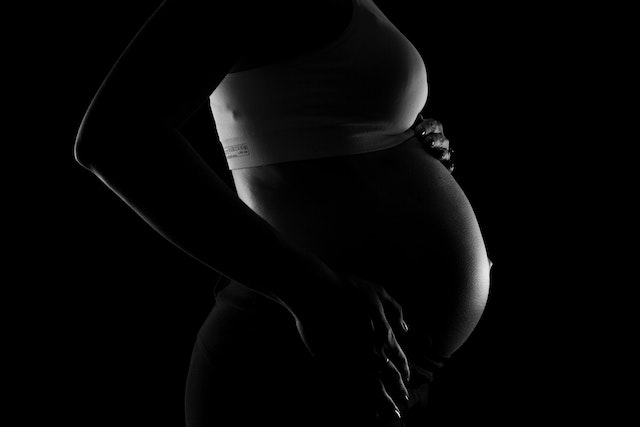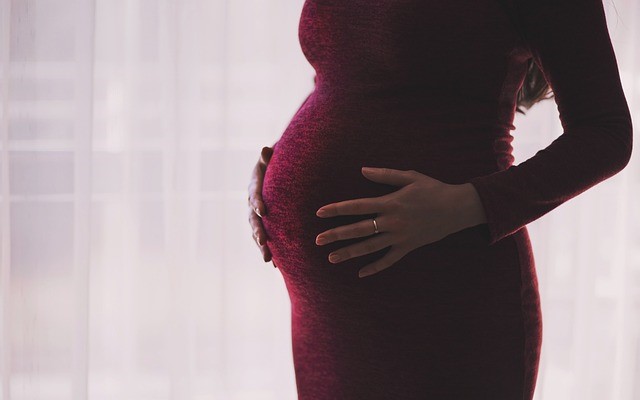For decades, scientists have sought to understand the origins of autism. Well, they may be closer than ever to cracking the code. According to a new research study, researchers are suggesting that viral infections during pregnancy may contribute to autism.

Recent research from Cold Spring Harbor Laboratory (CSHL) in New York indicates that viral infections, specifically colds or flu during pregnancy, may play a significant role in the disorder’s development. The study, by experimenting with mice, found that maternal immune activation (MIA), due to a viral infection, can impede the growth of a fetus’s brain. When a mother’s immune system responds vigorously to a virus, it increases the production of cytokines and chemokines.
These immune proteins can cross the placenta and affect the developing baby’s brain. While female embryos appeared to be somewhat protected, approximately one-third of male embryos showed signs of impaired brain development, aligning with the higher prevalence of autism in boys.

Irene Sanchez Martin, a postdoctoral researcher at CSHL, focused on the effects of maternal inflammation on fetal brain development. Her experiments demonstrated that exposure to a mother’s viral infection slowed embryonic brain development within 24 hours. This early analysis contrasts with previous studies that evaluated the long-term behaviors of offspring.
“The difference in my work is that I check what happened to the fetus 24 hours after exposure to maternal inflammation, rather than analyzing the behaviors of the offspring as adults,” Martin said, referencing her work.
Sanchez Martin did not examine other factors, such as maternal obesity or vaccine responses, that can also trigger immune reactions. However, research indicates that vaccines, particularly flu vaccines, can protect against infant illnesses by transferring antibodies from mother to fetus without causing harmful inflammation.
Santhosh Girirajan, an associate professor at Pennsylvania State University, emphasized that extensive research has shown vaccines do not cause autism. Instead, prenatal inflammation is believed to disrupt the formation of neural networks in the developing brain, potentially leading to behavioral issues associated with autism spectrum disorder.

Significantly, the study revealed that while female embryos showed resilience to the effects of MIA, a notable portion of male embryos did not. This finding is particularly relevant given that current statistics estimate autism affects approximately one in 100 girls compared to one in 36 boys in the U.S.
As autism diagnoses rise—up from one in 150 eight-year-olds in 2000 to one in 36 in 2020, early diagnosis becomes increasingly critical. Currently, no treatments exist for autism, and diagnosing the disorder can take years. Sanchez Martin’s preliminary findings suggest that a better understanding of how viral infections impact fetal brain development could help identify early warning signs of autism before birth.
While more research is needed to fully establish the link between maternal viral infections and autism, this study marks a promising step towards uncovering potential environmental factors contributing to the disorder. As the prevalence of autism continues to grow, such insights could have significant implications for public health and prenatal care.







